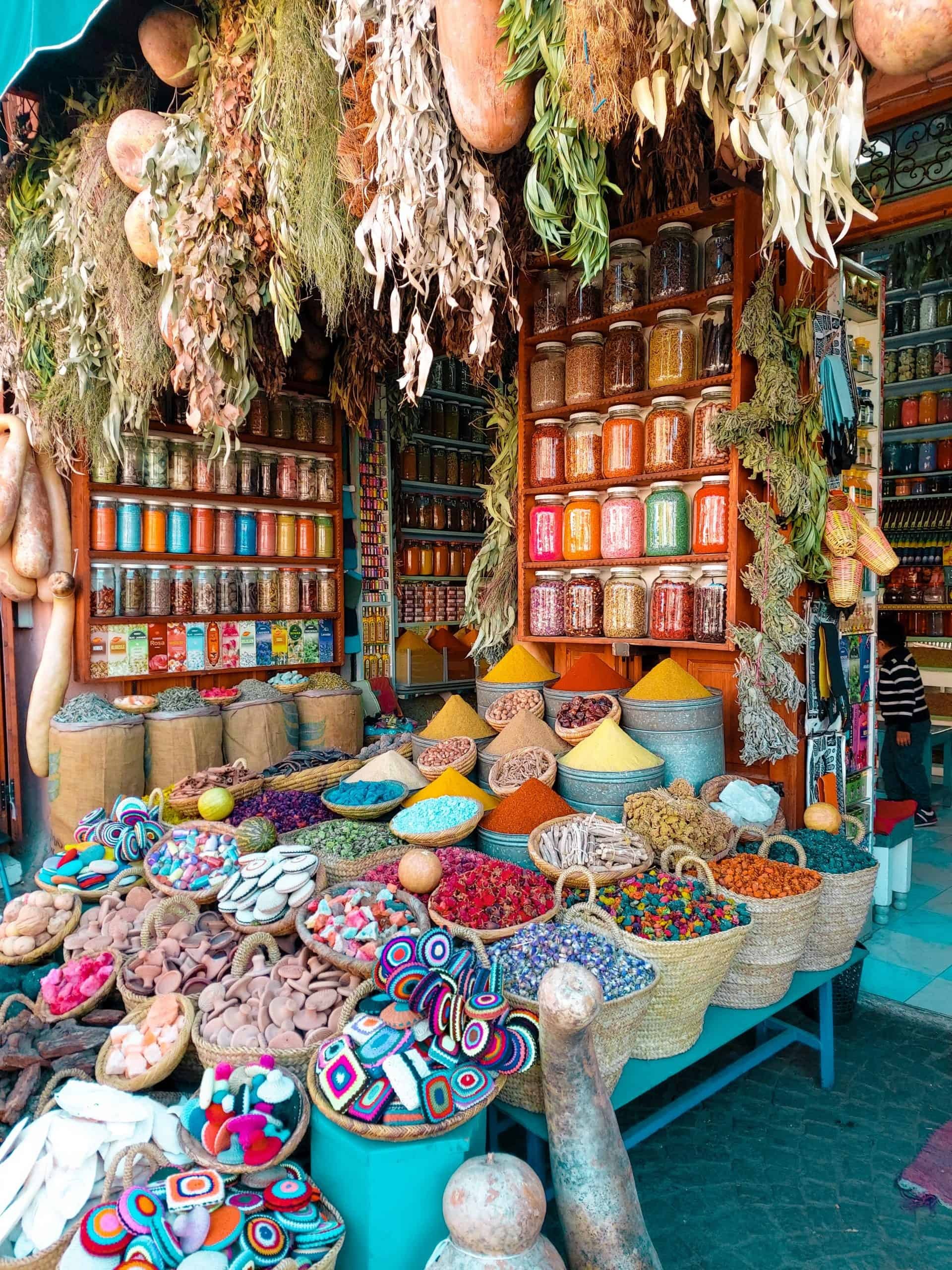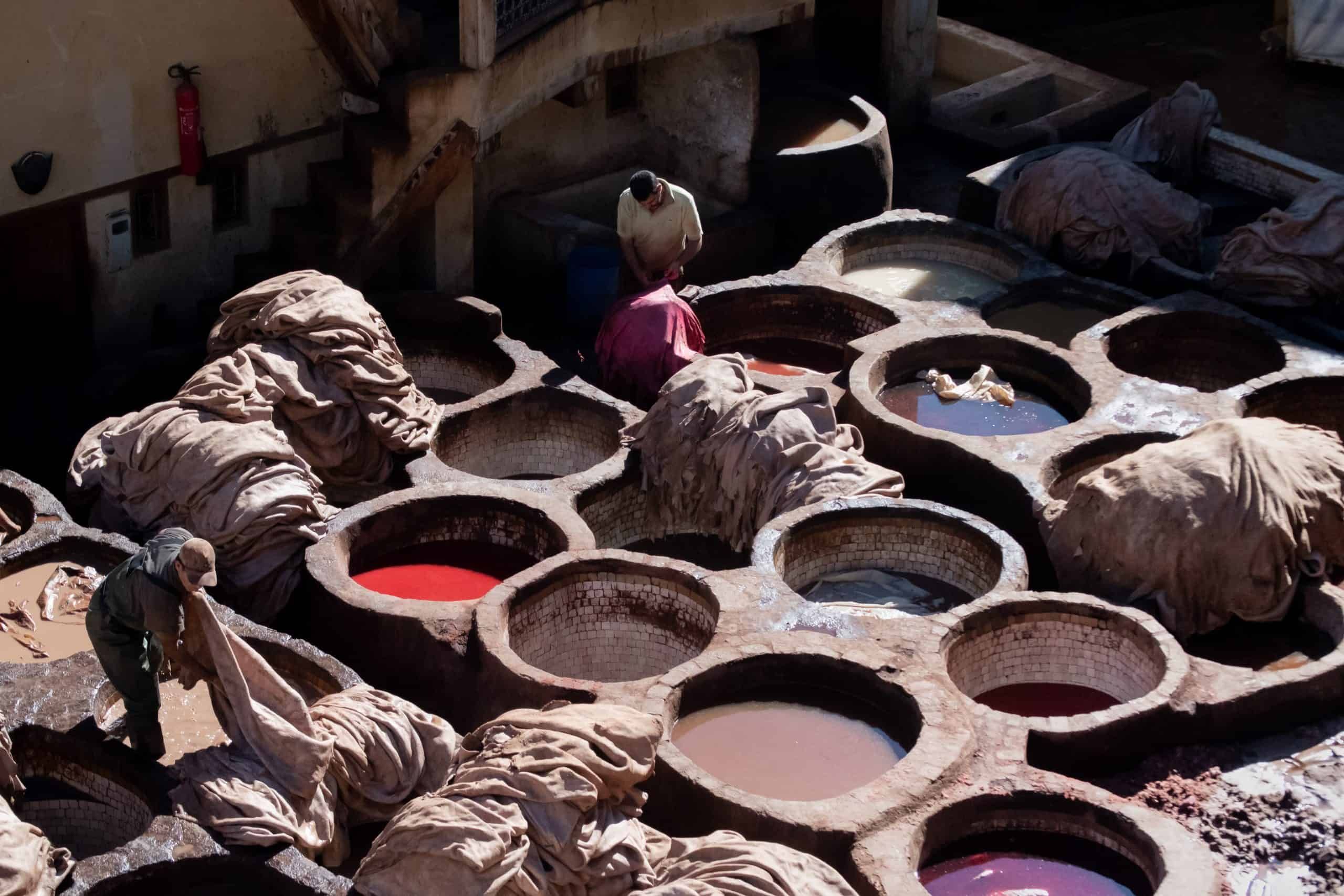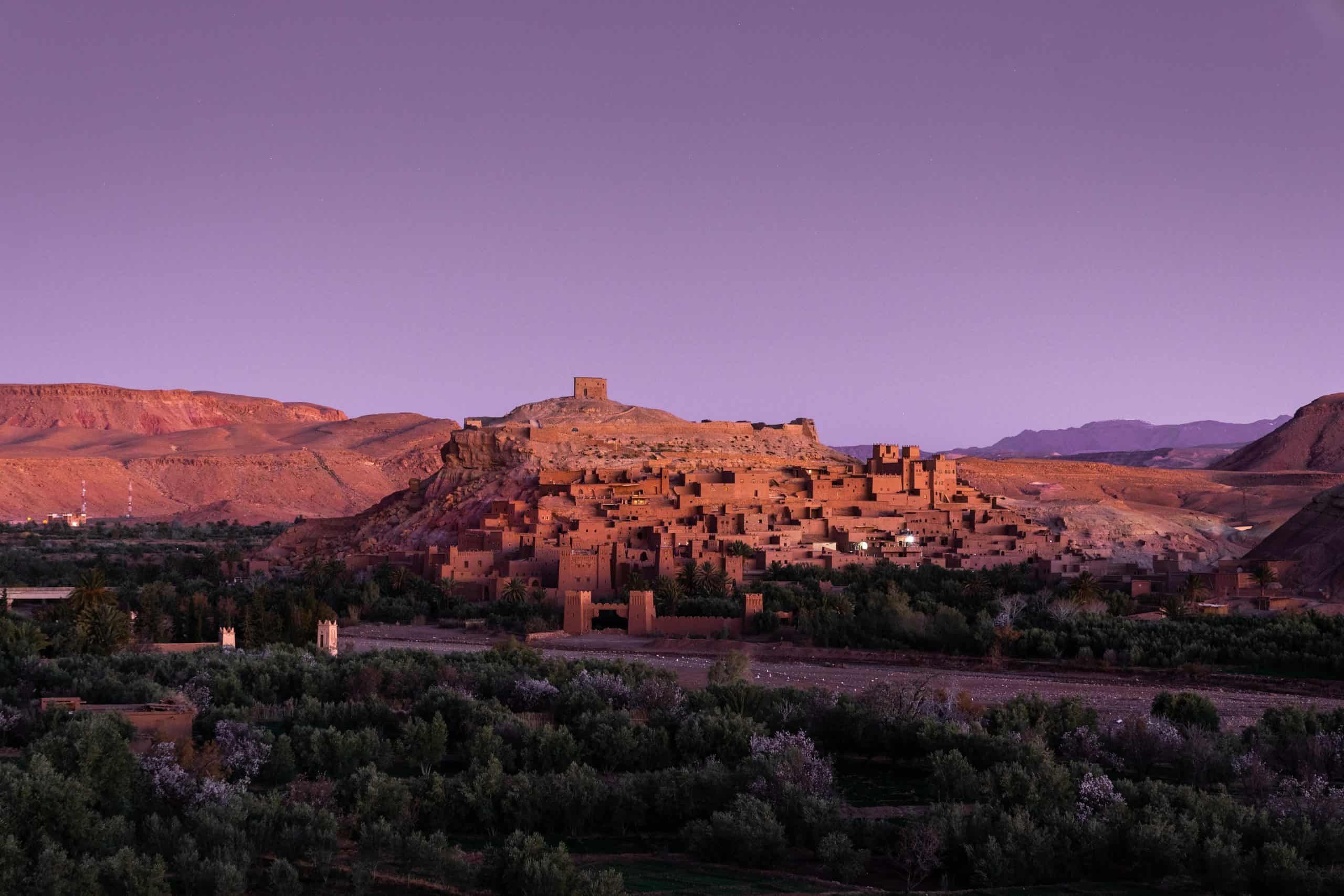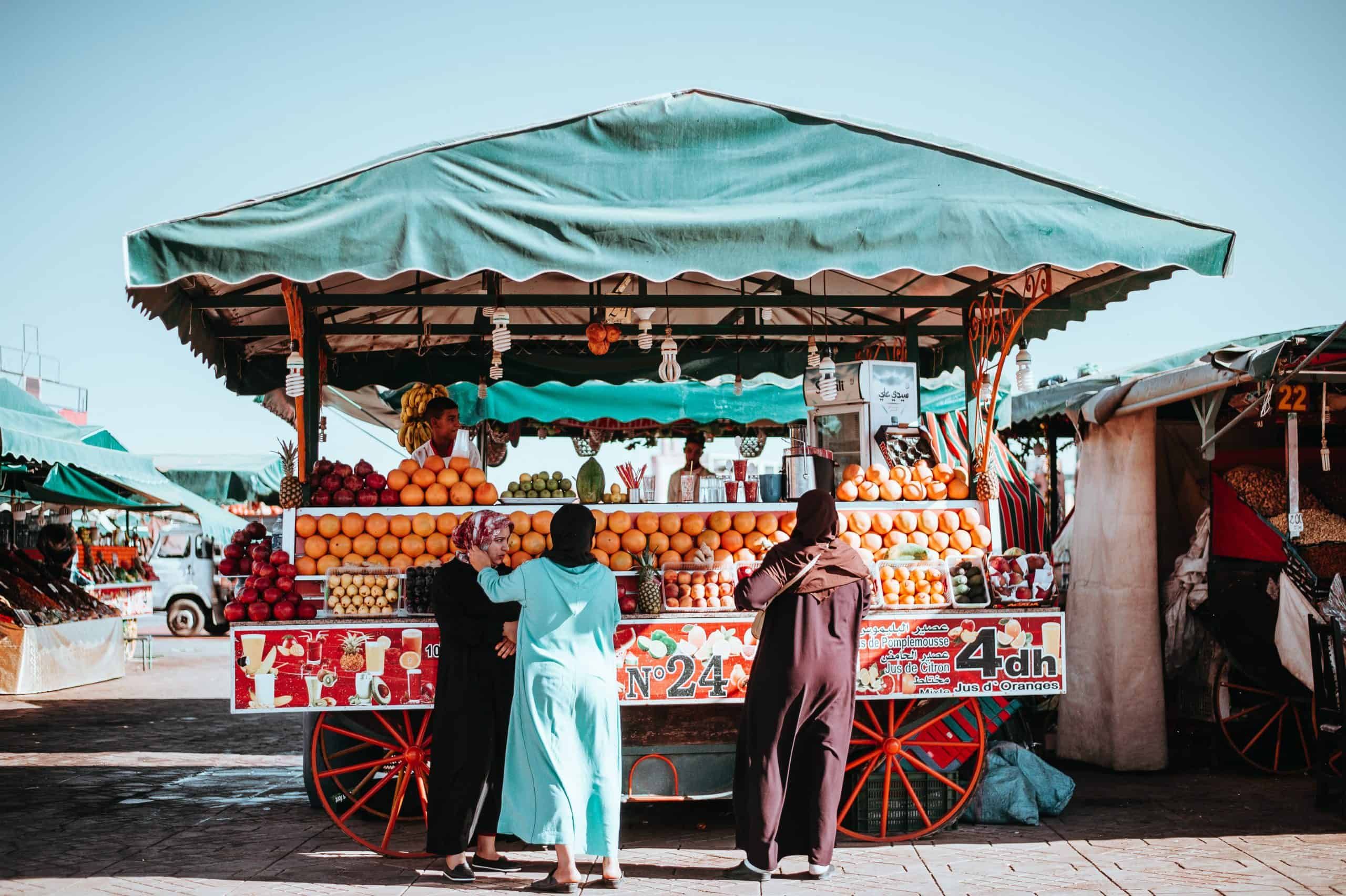Main Navigation
Morocco
Overview
Recognized as a climate action leader in Africa, Morocco aspires to reduce greenhouse gas emissions by 42% by 2030.
Morocco has an important service and manufacturing sector as well as a high share of its population engaged in agricultural activities. Situated in one of the aridest regions of the world, the country is vulnerable to climate change, with highly variable rainfall and recurrent droughts producing environmental, social and economic consequences. in light of these challenges, Morocco is working to reframe economic policies around sustainable development.
Sustainable Development
Morocco’s overall commitment to an inclusive green economy transition is outlined in its 2017 National Sustainable Development Plan (SNDD) aiming to reconcile economic growth, social inclusion, protection and enhancement of the environment by 2030. The Moroccan government had already started to roll out several green economy initiatives prior to the COVID-19 pandemic across renewable energy, energy efficiency, water and waste management, sustainable agriculture and aquaculture, and eco-tourism.
Morocco began a national consultation process in 2019 to design its Model for Development, a set of guiding frameworks for economic, social and environmental growth. In light of the COVID-19 pandemic, this was extended in 2020 to integrate and address associated impacts.
Morocco’s COVID-19 Response
The Economic Watch Committee of Morocco implemented a number of recovery strategies with significant green potential: This includes its Industrial Recovery Plan 2021-2023, in which the third pillar aims to position Morocco as a low-carbon and circular industrial base, the Pact for Economic Recovery and Employment, and a set of sectoral recovery plans. These recovery plans also complement other sectoral approaches with green economy dimensions, such as the Industrial Acceleration Plan 2021-2025 (Plan d’Accélération Industrielle 2021-2025). During 2020, the government also expanded the mandate of the Moroccan Agency for Energy Efficiency (AMEE) to include green economy and to attach it to the Ministry of Industry, Trade and Green and Digital Economy.
PAGE Milestones
- 2017
National Sustainable Development Plan (SNDD) adopted
- 2019
Morocco joined PAGE
- 2020
Preparations for inception phase began (February)
PAGE-led green recovery needs assessment survey conducted in response to COVID-19 (April)
Consultations with the Moroccan Agency for Energy Efficiency (AMEE) on priorities for green recovery (June)
Government focal point for PAGE from Ministry of Industry, Trade and Green and Digital Economy of Morocco appointed (September)
Progress in 2020: A Snapshot
PAGE: Getting started
While the implications of the COVID-19 pandemic slowed the inception phase of PAGE in Morocco, the key step of nominating […]
While the implications of the COVID-19 pandemic slowed the inception phase of PAGE in Morocco, the key step of nominating a PAGE focal point nomination within the Ministry of Industry, Trade and Green and Digital Economy of Morocco took place in September 2020.
Inception activities will include bilateral meetings with key ministries, national focal points and other key stakeholders including the private sector, the trade unions and civil society (NGOs) as well as UN agencies — overall, aiming to define the scope and structure of the PAGE work to come.
Aligning goals for the future
A September meeting between the UN Resident Coordinator (UNRC) to Morocco, the PAGE Secretariat, and PAGE agencies […]
A September meeting between the UN Resident Coordinator (UNRC) to Morocco, the PAGE Secretariat, and PAGE agencies assessed the potential of green economy to support the Moroccan response to the COVID-19 crisis. Renewable energies, waste and water management, and the country’s climate targets were all discussed and a formal policy analysis is being prepared by PAGE. The COVID-19 response and green recovery analysis, combined with Morocco’s existing ambitions and priorities for a green transition, will inform the scope of the partnership with PAGE moving forward
Building capacity for recovery
In 2020, PAGE developed a draft concept note and agenda for a virtual IGE training. The overall objective of the training […]
In 2020, PAGE developed a draft concept note and agenda for a virtual IGE training. The overall objective of the training is to achieve a common understanding of how inclusive green economy tools and approaches can support a post-COVID-19 economic recovery. During the training, participants will familiarize themselves with relevant policy measures and case examples and discuss the benefits of an IGE approach for economic recovery and resilience, especially in priority sectors. Participants will also be able to benefit from experience-sharing with other PAGE countries. The training is expected to take place after the virtual inception workshop and initial engagement with stakeholders.




